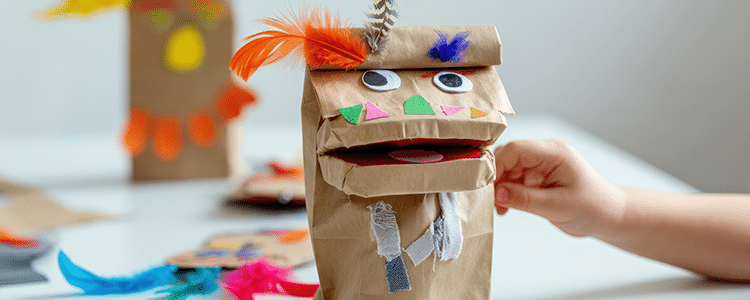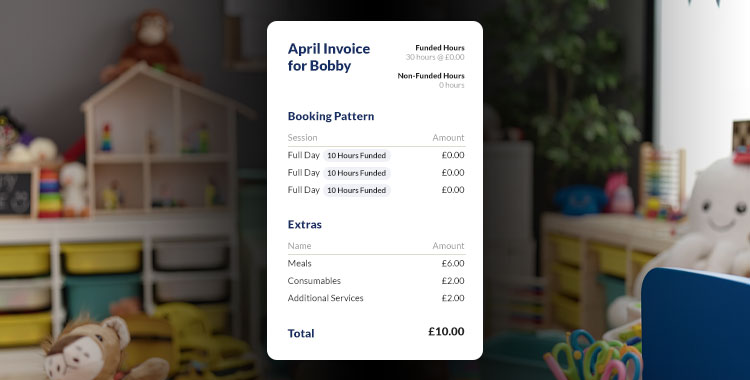Play-based learning is more than just fun – it’s the cornerstone of early childhood education, laying crucial foundations for cognitive, social, emotional, and physical growth. As nursery educators, we know firsthand that children learn best through play. But how exactly does play-based learning impact child development, and how can you effectively integrate it into your everyday activities? In this guide, we’ll explore the benefits and offer practical strategies you can use immediately in your nursery setting.
Understanding Play-Based Learning
Play-based learning involves structuring educational activities around play. It allows children to explore, imagine, and discover while naturally developing critical skills. Unlike traditional structured methods, play-based learning encourages children’s curiosity, creativity, and active engagement.
Why Play-Based Learning Matters
Research shows that play-based learning enhances:
- Cognitive Development: Supports critical thinking, problem-solving, and language skills.
- Social Skills: Encourages cooperation, sharing, and empathy.
- Emotional Development: Helps children express emotions and build resilience.
- Physical Growth: Develops motor skills through active play.
Learn more about the research behind play-based learning.
Practical Strategies for Implementing Play-Based Learning
1. Create Inviting Play Spaces
Design your nursery to have clearly defined play areas, each with a specific purpose, such as reading corners, sensory play zones, and imaginative play stations. Organise these areas to encourage children’s independence and allow them easy access to materials.
Regularly refresh your spaces and introduce new materials aligned with curriculum goals or themes (e.g., animals, seasons, transport).
2. Integrate Curriculum Goals with Play
Combine play activities with learning objectives. For example, a counting activity can quickly become a playful game, like sorting blocks or playing pretend grocery store. Always keep your curriculum objectives in mind, allowing play to teach the skills outlined in your nursery curriculum organically.
3. Use Open-Ended Resources
Provide toys and materials that can be used in multiple ways, such as wooden blocks, fabric, cardboard boxes, or natural materials like pinecones and shells. Open-ended materials foster creativity and innovation, encouraging children to use their imagination fully.
Explore open-ended play resources.
4. Incorporate Sensory Experiences
Sensory play enhances cognitive and motor development. Offer various sensory-rich experiences, such as water tables, sand trays, textured playdough, or sensory bins filled with different materials. Allow children to explore freely, building their confidence and curiosity.
5. Encourage Child-Led Activities
Give children the autonomy to choose their activities. Child-led play empowers them, boosts confidence, and ensures they remain engaged. Observe children’s interests and offer materials that expand and deepen their chosen explorations.
Play-Based Learning Activity Ideas

Role-Playing Games
Role-playing promotes imagination, language development, and social skills. Set up simple scenarios such as shops, hospitals, or family homes, and encourage children to role-play different roles, fostering empathy and understanding.
Construction and Building Activities
Building blocks or Lego activities enhance spatial awareness, problem-solving, and teamwork. Challenge children with specific tasks, such as building the tallest tower or creating a bridge, to extend their learning and critical thinking skills.
Storytelling and Puppet Shows
Combine literacy and creativity through storytelling sessions and puppet shows. Allow children to narrate stories, encouraging them to express themselves and practice language skills. Check out creative storytelling ideas.
Outdoor Play
Outdoor play offers essential physical activity while supporting sensory, social, and cognitive development. Organise scavenger hunts, obstacle courses, or nature explorations to keep children engaged and learning outdoors.
Involving Parents in Play-Based Learning
Parents are essential partners in play-based education. Inform them regularly about the benefits and activities through newsletters, meetings, or social media. Encourage parents to replicate simple play-based activities at home, reinforcing their child’s nursery learning experience.
Ideas for parents to support play at home.
Tracking and Celebrating Progress
Keep records of children’s participation in play-based activities. Document their progress through photos, videos, and anecdotal records. Sharing these with parents enhances transparency and highlights the value of play in learning.
Overcoming Common Play-Based Learning Challenges
Integrating new approaches can be daunting. Start gradually, incorporating one or two new strategies into your routine. Ensure all nursery staff are trained and involved, creating consistency and confidence in applying play-based practices.
Extending Learning Through Reflection
Reflective practice is essential in enhancing play-based learning. Encourage staff to reflect on daily activities, noting what worked well and could be improved. Use regular team meetings to discuss observations and develop new ideas collaboratively. Reflecting helps refine practices and ensures continuous improvement.
Professional Development Opportunities
Continuous professional development supports the effective implementation of play-based learning. Provide ongoing training opportunities for your team through workshops, webinars, and online courses. Professional learning builds confidence, ensures consistency across your nursery, and keeps staff updated with the latest research and strategies.
Embracing Cultural Diversity Through Play
Use play-based learning to celebrate cultural diversity by incorporating multicultural toys, books, and activities into your curriculum. Celebrate different festivals and traditions through playful experiences, helping children appreciate diversity and fostering an inclusive environment.
Final Thoughts
Play-based learning isn’t just a trendy educational method – it’s a proven way to support comprehensive child development effectively. Implementing these practical strategies allows your nursery to become a vibrant, engaging, and highly effective learning environment. Let’s harness the power of play together, ensuring every child enjoys their early years while building a strong foundation for lifelong learning and growth.
At Nursery in a box, we provide educators with practical advice and innovative solutions. Happy playing!

Hannah
Marketing Manager




